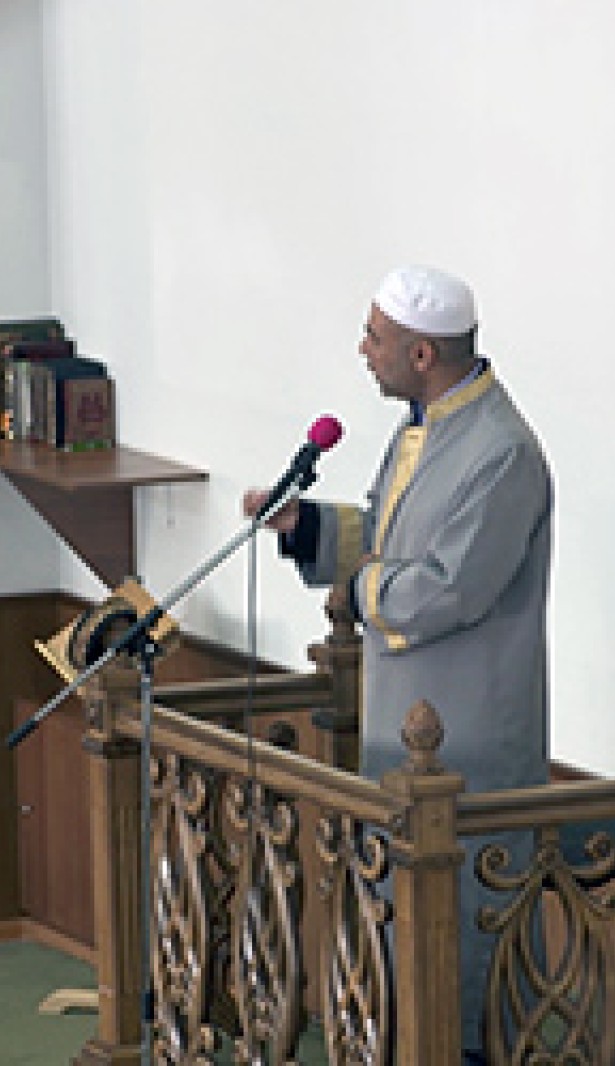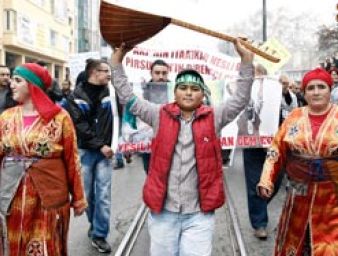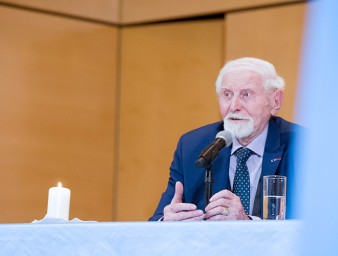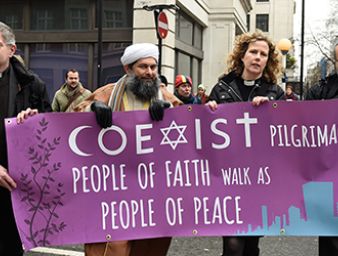Muslim community thriving in Moldova
08 July 2016
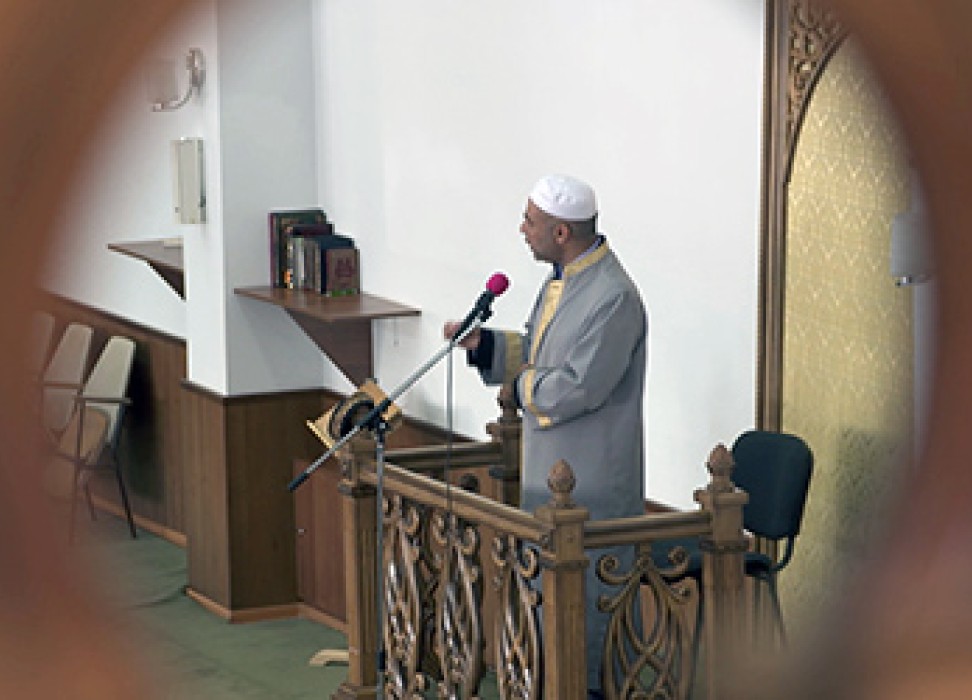
Men and women gather inside for their Friday prayer service at a mosque located on the outskirts of Chisinau, Moldova.
The mosque is housed in a simple, airy building that has become more than just a place for prayer. It is also a sanctuary where Muslims of all ages can spend time together playing ping pong, celebrating birthdays, and discussing every day challenges together as a community.
Before 2011, Muslims faced challenges in gathering together in public spaces for prayer in Moldova. If they did, they were met with opposition by police. The fact was the freedom to pray in public spaces was not given to unregistered religious entities.
In 2007, the Maoldovan Parliament passed a new law of freedom of thought and conscience that was more progressive than previous ones. The new law provided freedom of religious practice in any form, which allowed for anyone to create a religious denomination without interference from the Government.
Today, there are more than 2,600 religious communities registered in the country. In 2011, the Islamic League of Moldova became the only registered Muslim religious organization and currently welcomes about 800 members.
Sergui Sochirca, President of the Islamic League, said that the process of registration took several years with intense opposition by members of the Orthodox Church and various Christian groups. Protests filled the streets of Moldova opposing the registration of the Islamic League and the law itself.
This was also the moment when UN Special Rapporteur on Freedom of Religion Heiner Bielefeldt visited Moldova to meet with religious leaders, civil society organizations and Government officials to discuss the law, hear their stories, and make recommendations.
Veaceslav Balan, UN Human Rights Office Coordinator in Moldova, said that followers of the Orthodox Church at the time felt threatened by this new law, especially the acceptance of the Islamic League. They felt, as Balan explained, that it was limiting the space and moral authority of the Orthodox Church in the country. “The registration of the Islamic League was one of the Special Rapporteur’s greatest achievements,” he said. But, it took more than Bielefeldt’s visit to push for the registration. The Minister of Justice, Alexandru Tonase, also made the registration of the Islamic League one of his personal action points to his agenda and was the one who registered the religious organization.
According to Sochirca, the visit of Bielefeldt was important because he was not only able to bring everyone to the table to listen to their needs and discuss this reform, but he was also able to visit communities and calm down the protests in the street.
Today, the UN Human Rights Office is continuing its work in advancing freedom of religion in Moldova by following up on Bielefeldt’s 2011 recommendations and continuing to support religious minority groups with discrimination challenges. Balan said that Islamophobia is a major challenge facing Muslims today in the country.
Natalia Tcacenco, wearing a pale pink and grey hijab, says that while she never experienced discrimination, she did feel that people would stare at her oddly in her hijab several years ago before people were used to seeing Muslims in Chisinau.
Tcacenco is the President of the Women s Islamic League of the Republic of Moldova, an organization that works to promote Muslim women’s rights and tackle the unique challenges Muslim women face within their society and in the country.
However, since the registration of the Islamic League, she has felt a sense of freedom and acceptance. Even her Government identification card includes a photo of her wearing her hijab. She would not have been able to express herself this way before the registration.
“I feel freer now because I feel we are more protected,” she says.
The registration of the Islamic League of Moldova is one of the Human Rights Council’s major achievements in the past 10 years. This year, the Human Rights Council celebrates its 10th anniversary.
8 July 2016
